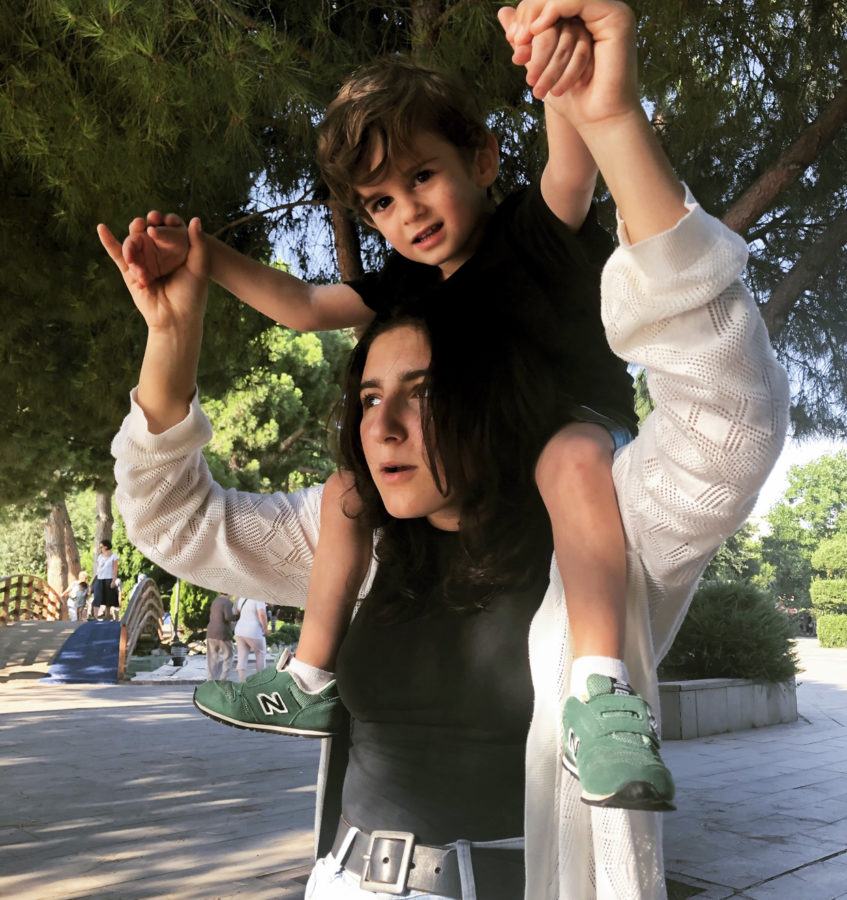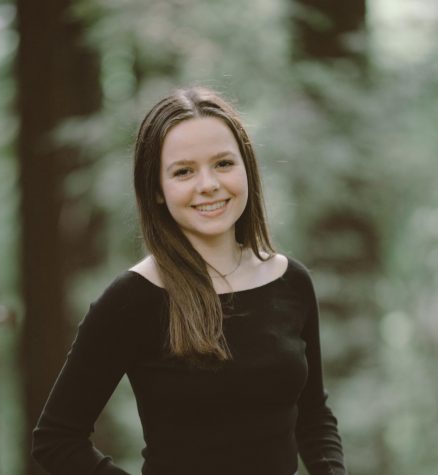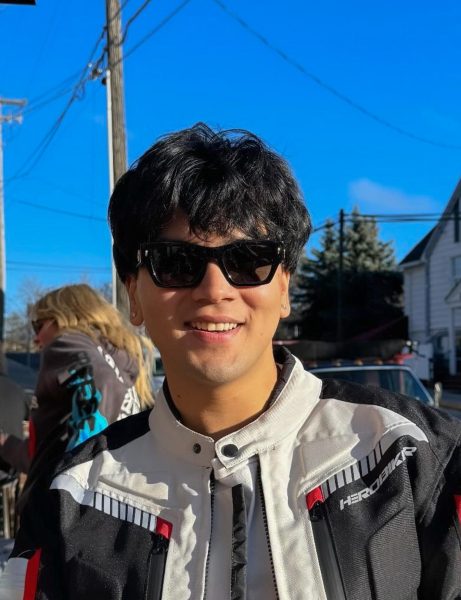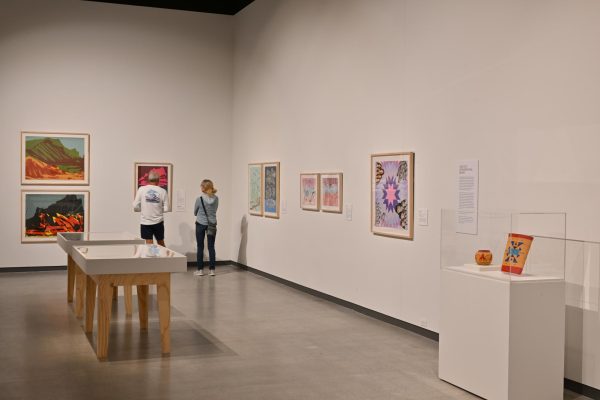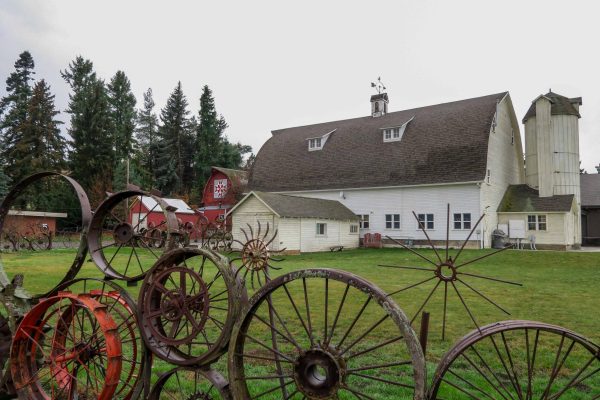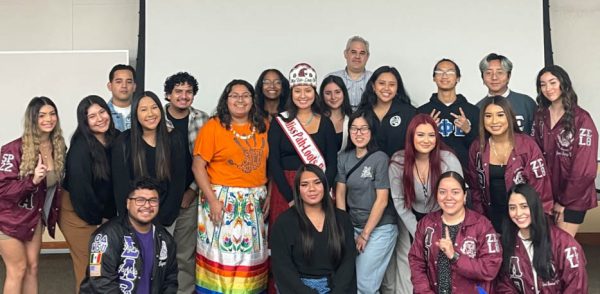‘I take pride in my culture’
Chemical engineering students talks about Turkish lifestyle; took her years to embrace culture
Betul found that over time, she fell in love with her culture and was no longer ashamed.
April 15, 2021
Freshman chemical engineering major Zeynep Betul has learned to be proud of her culture.
When Betul was about seven, her family moved from Los Angeles to Moscow, Idaho. She said she remembers living around five other Turkish families in Los Angeles. It was quite a culture shock when her family came to the small town and there was only one other Turkish family.
Betul said her family is very culturally Turkish. When she was growing up, it was traditional to have tea in small cups and her mother would give her a spoon of honey in the mornings.
“That and some of the food that I would eat — whenever I brought that stuff to lunch, [it] was considered abnormal — even though my mom tried her best to make it seem more Americanized,” Betul said.
When she was younger, Betul wondered why her family could not do things like everyone else. That was something she did not understand. Now, she said she feels that different cultures are more accepted by society, but in the early 2000s things were not that way. Sometimes people could be cold.
“Now that I’m older, I realize there’s a lot of things that I did not attempt to learn from my parents because it was kind of something that I blocked out of my mind,” Betul said. “Now, I see it as more of a thing to be prideful about or to be able to learn as much as I can.”
Betul said she went to Turkey almost every summer because her family lives there. In Turkey, she saw the traditions of her household all around her. Even though her life and her experiences do not perfectly parallel those in Turkey, she said she still feels a sense of belonging and a place to connect with people when she is there.
“Turkey is a beautiful place from the nature, the culture and the history of it,” Betul said. “All of those things that were confined to simply my household became things that were universal around me.”
Betul said there was a turning point in high school during sophomore year when she learned how to enjoy her own company instead of relying on other people.
“I kind of started to realize I can’t force myself to be a part of something that isn’t going to accept me. So, at the end of the day, I might as well just attempt to be as much as myself as I can,” Betul said.
She said she began to make more of an effort to appreciate and learn Turkish culture. She listened to more Turkish music that her parents played on the radio and started to really understand some of the history of the country.
“Instead of just the culture in general, I kind of began to look around me and see this place is beautiful, or the women here are beautiful … I kind of just began to realize it’s only society’s perception that is ugly. It’s not necessarily, you know, me,” Betul said.
Betul said she feels her culture is so much greater than the sum of its parts.
“Culture is not simplified to the traditions, the jewelry, the fashion or anything like that. It’s a collection of people that unite around a single ancestry or a single past,” Betul said. “It’s kind of like a very big family [and] being able to have a community is extremely important. You’re so interconnected, even when you are very far away.”

